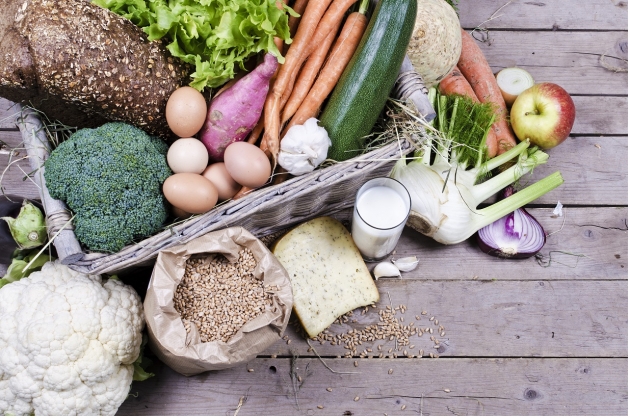Food waste is a growing problem in Singapore. So there’s no better time than World Food Day (16 October) to begin reducing the amount of food we throw away. Helpling has teamed up with non-profit organization Zero Waste SG to bring you tips on reducing food waste in the home. Scroll through the infographic or jump to the tips.
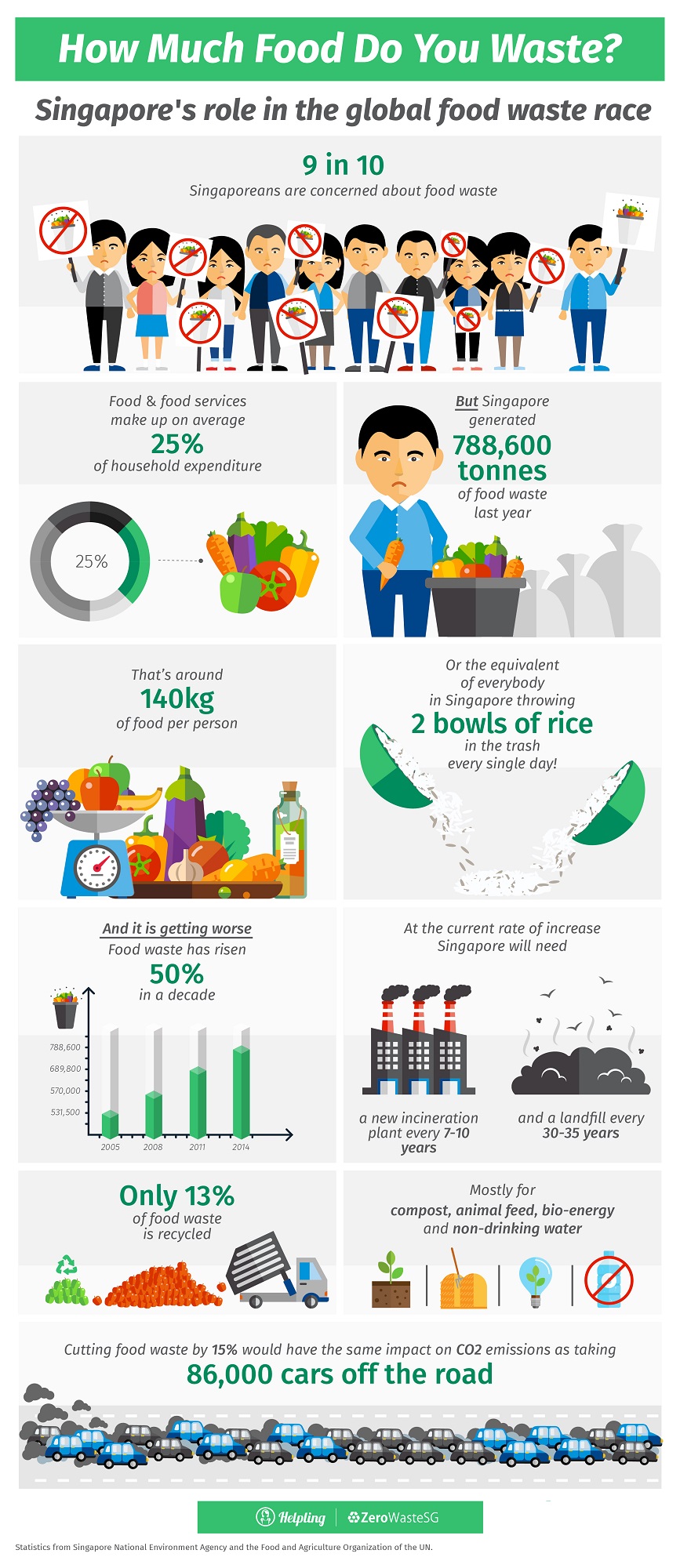
How much food do we waste in Singapore?
In Singapore we love food. It’s something of a national pastime. But for a nation of food lovers, we waste an awful lot. Last year, the amount of food wasted was equivalent to each one of us throwing two bowls of rice in the bin, every single day! That’s a lot of food. 788,600 tonnes of it in fact (or 140kg each).
And things have gotten worse in recent years. According to the National Environment Agency, the amount of waste produced in Singapore has increased nearly 50% since 2005.
Singapore imports 90% of its food, so the bulk of wastage is from households and trade premises like markets, hawker centers, supermarkets and restaurants.
Why is this issue important? Well, food waste is costing us a lot of money. On average, 25% of household expenditure goes on food and food services. So 140kg of waste over the course of a year is a lot of money down the drain.
It’s also very harmful to the environment. The carbon footprint of wasted food in Singapore is equivalent to around 2,700,000 tonnes of CO2 per year. That’s almost as much as the carbon footprint of all the privately owned cars in Singapore put together.
The National Environment Agency estimates around half of all food waste is created by households. So the good news is we can all make a difference with small changes to the way we buy, eat and dispose of food at home. And with the help of Zero Waste SG, we’ve put together a list of simple but effective ways to reduce food waste in the home.
6 ways you can reduce food waste at home
1. Donate to a food bank
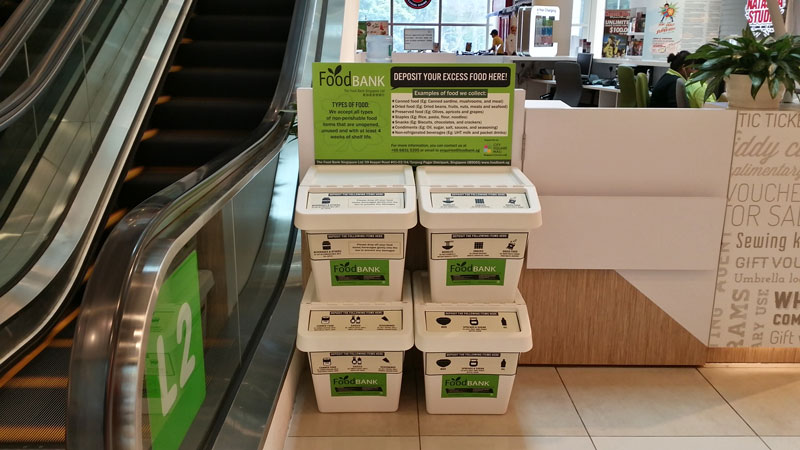
If you have non-perishable food that’s been hiding at the back of the cupboard or pantry for a while (but is still in date), take it to a food bank. Food banks rely on donations to provide meals for people who need support. The Food Bank Singapore has donation deposit boxes in several locations across Singapore.
2. Shop smart

Buy less food. Simple, right?
But seriously, this is one of the most important things you can do. More often than not, some of the food we buy in the supermarket will spoil before it’s eaten and get thrown away. Even if it’s only a small amount each time, it all adds up. Buy a little less food each time you visit the supermarket, even if this means making more trips. Try to avoid getting sucked in by food offers you don’t need. Making a meal plan for the week can help. Then write a shopping list containing only the items you know you will use for those meals.
3. Work with what you’ve got
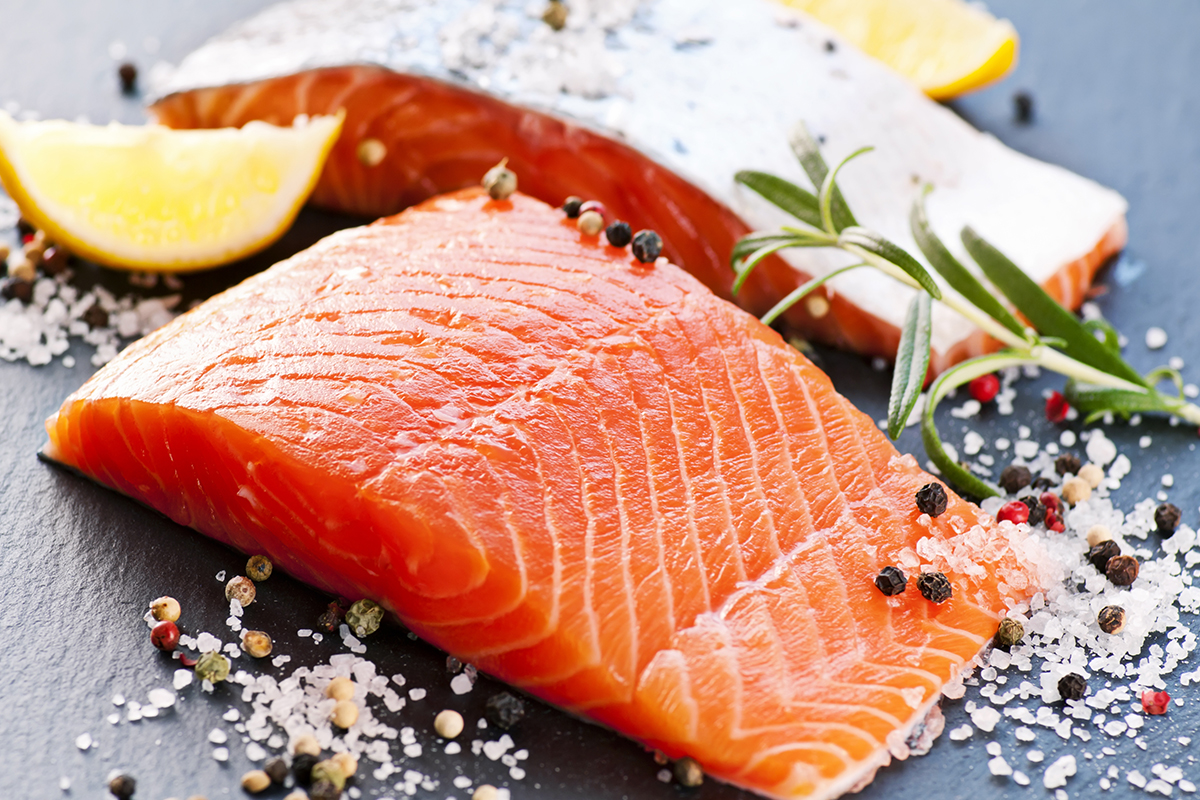
Regularly check use-by dates and make meals using items that are reaching their expiry date. This will help reduce the amount of food you throw out, and the different combinations of ingredients can make for some exciting meals. And remember, if stored correctly, some foods can be safe for a few days after their expiry date.
Staple foods like bread often make up a big portion of wasted food. But bread is such a versatile food: it can be used in soups, cakes, crumbles, meatballs and, of course, bread crumbs for coating meat. Think twice before throwing it out just because it’s gone slightly past its expiry date.
When you make a big meal, save any excess food. It can be your lunch for the following day, or simply a snack for when you get peckish. Check out these recipe ideas for cooking with leftovers.
4. Store food properly

The way certain foods are stored has a big impact on how long they last. And making your food last longer is a really effective way to reduce food waste. Check out our post from earlier this month about making fruit and veg last longer.
Keep your fridge clean and hygienic, and at the right temperature (ideally around 4 degrees Celsius) and your food will stay fresh for longer.
5. Serve sensible portions

We’re used to getting big portions when we eat at restaurants, and this is starting to trickle into meal time at home. Don’t over-serve when cooking for family and friends. Start with smaller portions then if anyone is still hungry, they can go back for more. Serving on smaller plates can help with this. Make an effort to cook less food, especially if you and the family often have leftovers at the end of the meal.
6. Reuse, recycle
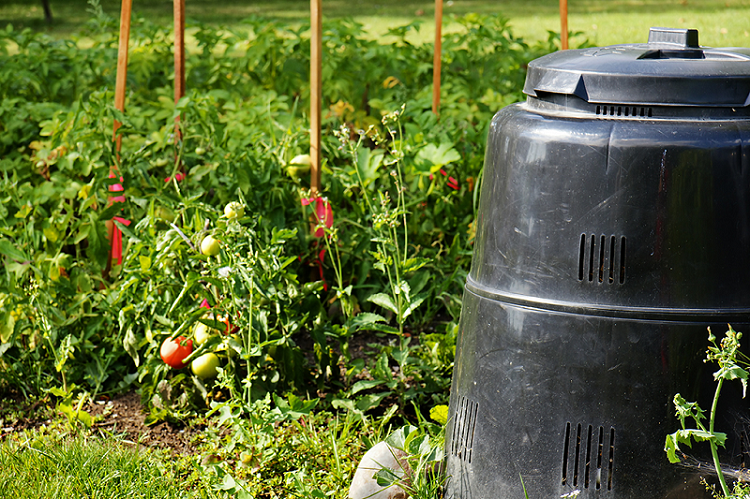
Many items that you might just toss in the bin once you’ve used them still have life left in them. Take used coffee grounds for example. There are plenty of inventive ways you can use them before they go in the trash.
You could try composting. It’s nature’s way of recycling food waste. Much of what you would have otherwise put in the trash can go on a compost heap. Check out this simple how-to guide on composting from Singapore based Save Food Cut Waste.
If you have any tips you’d like to share, add them to the comments. We’d love to hear how you reduce waste in the home. And for more advice and info about recycling in Singapore, visit www.zerowastesg.com.

